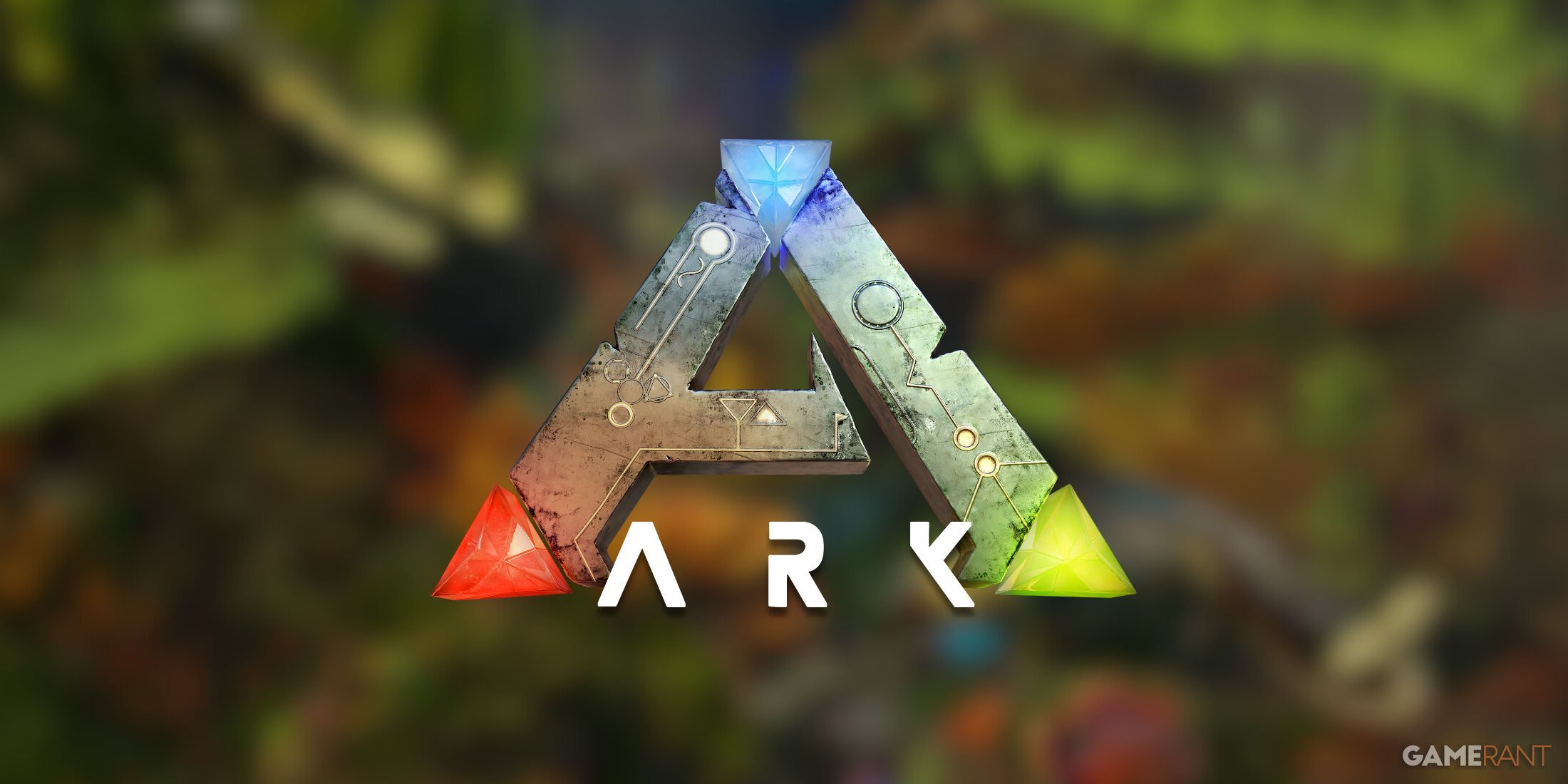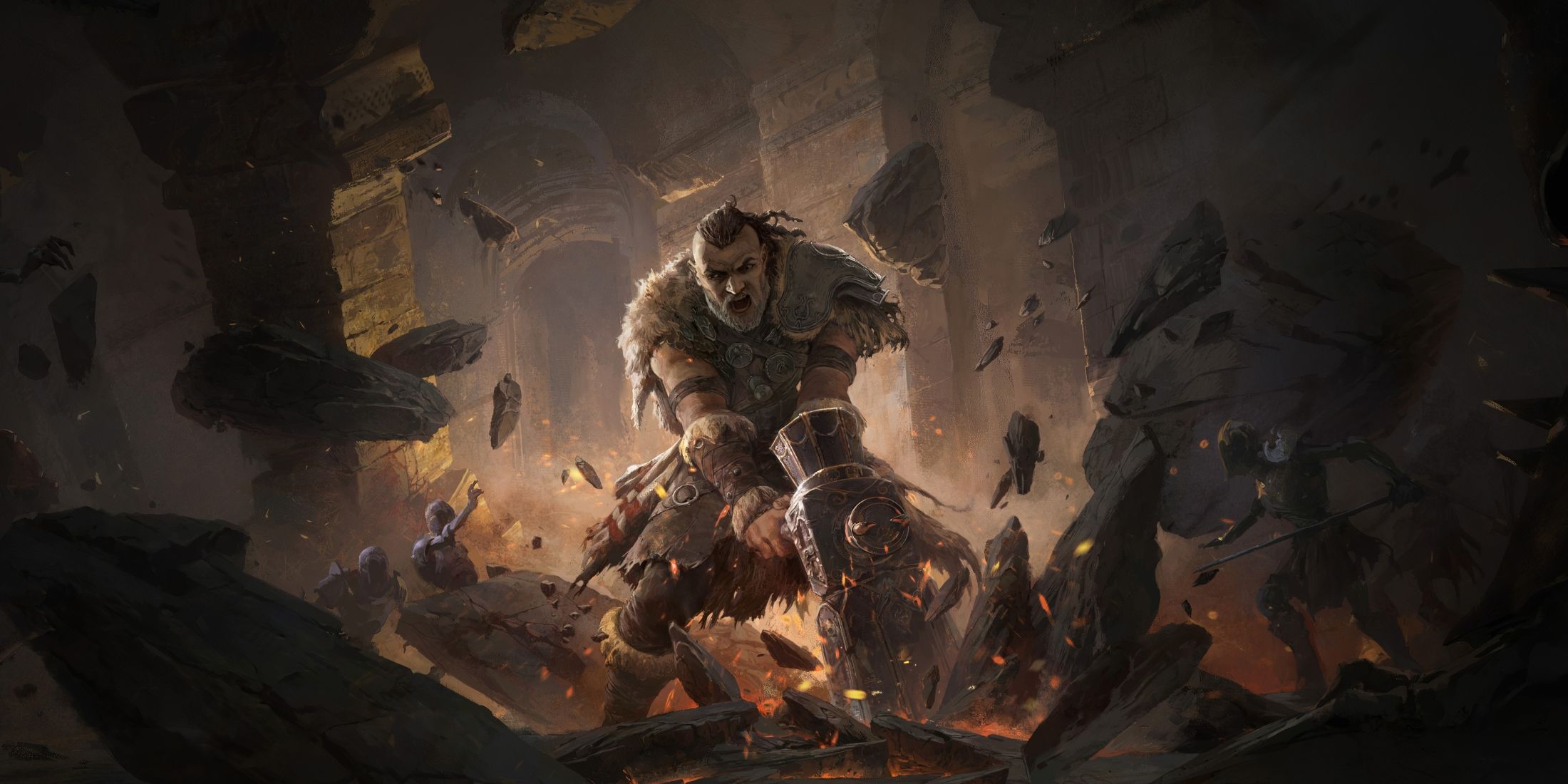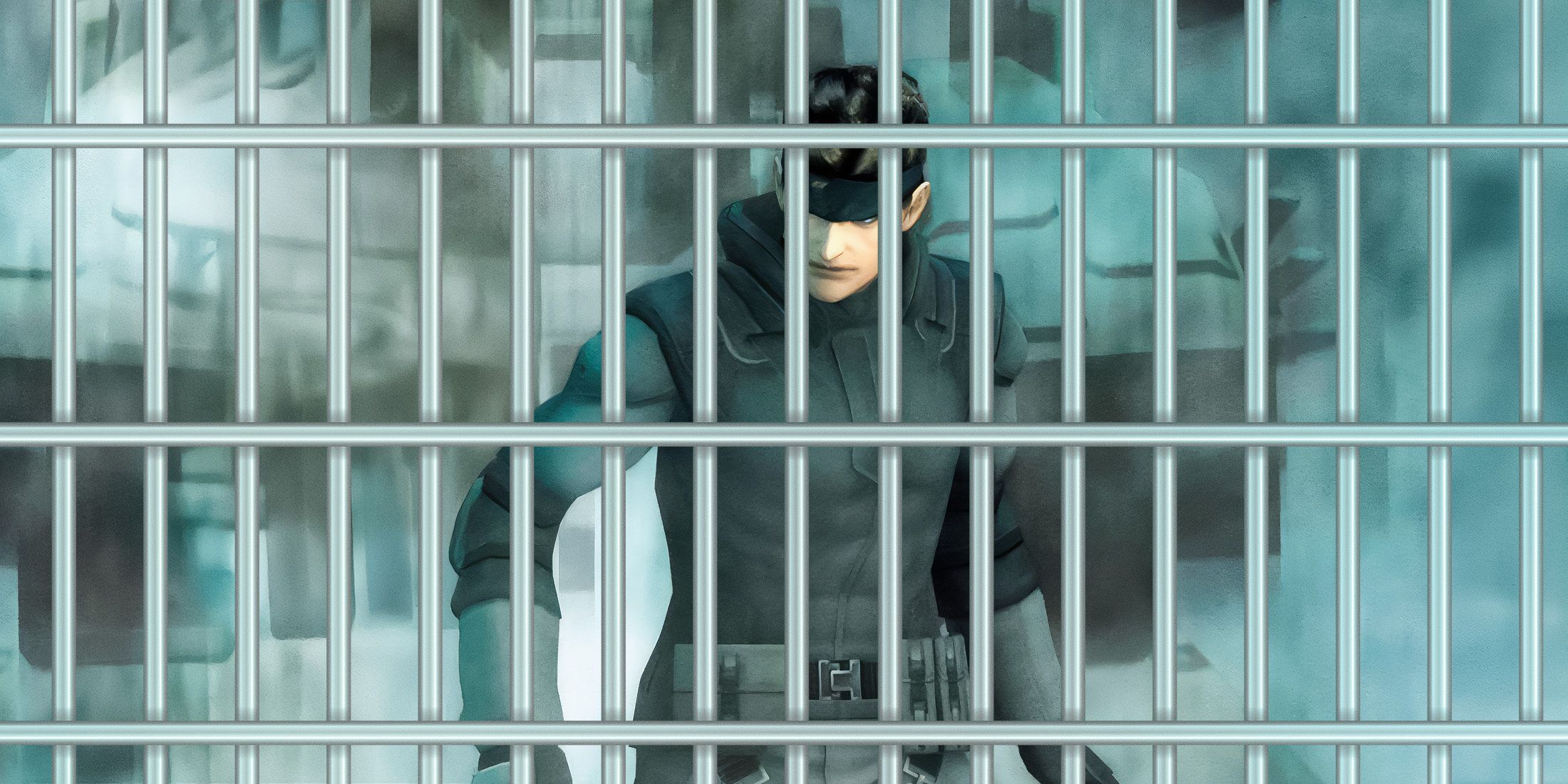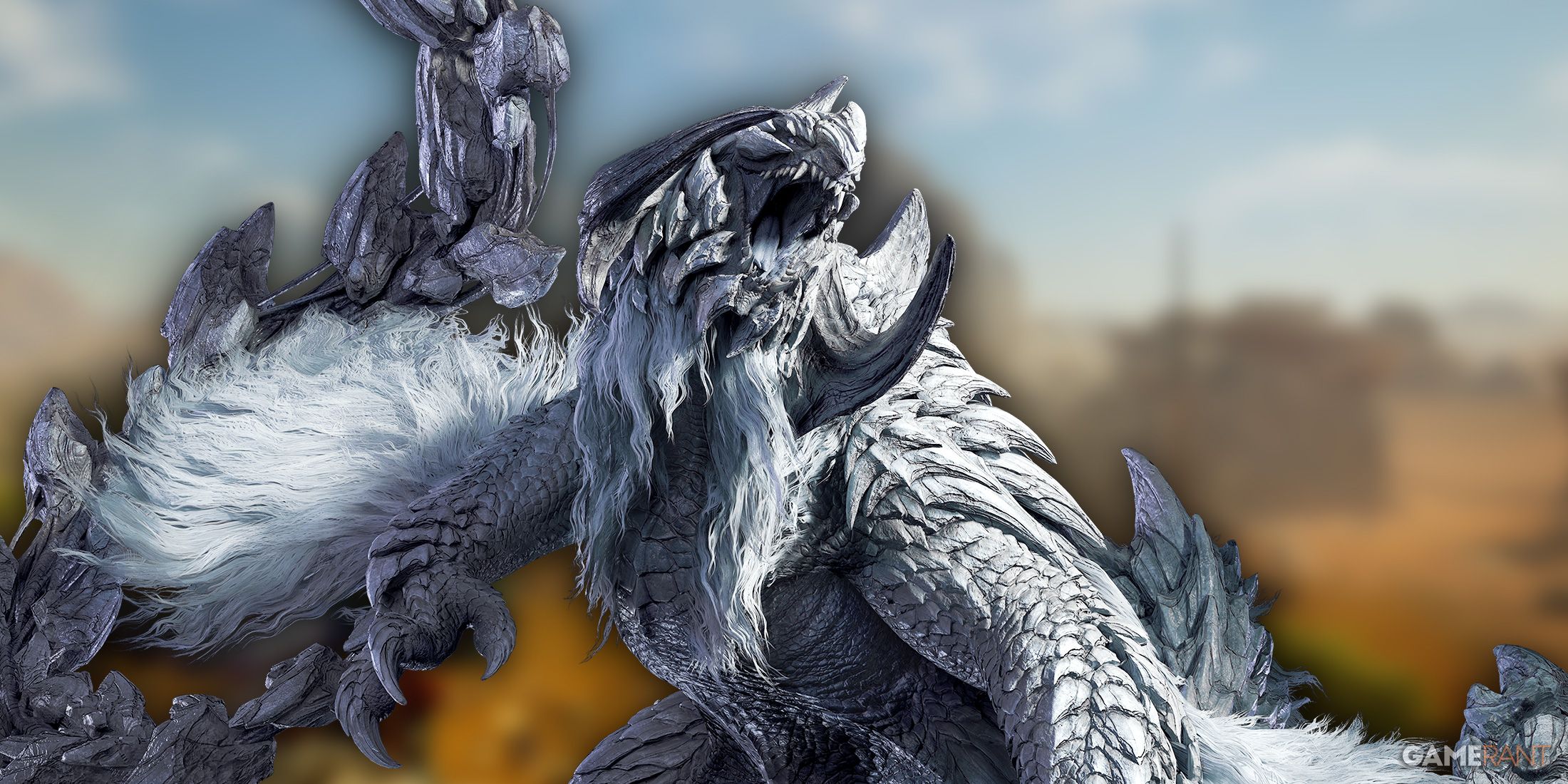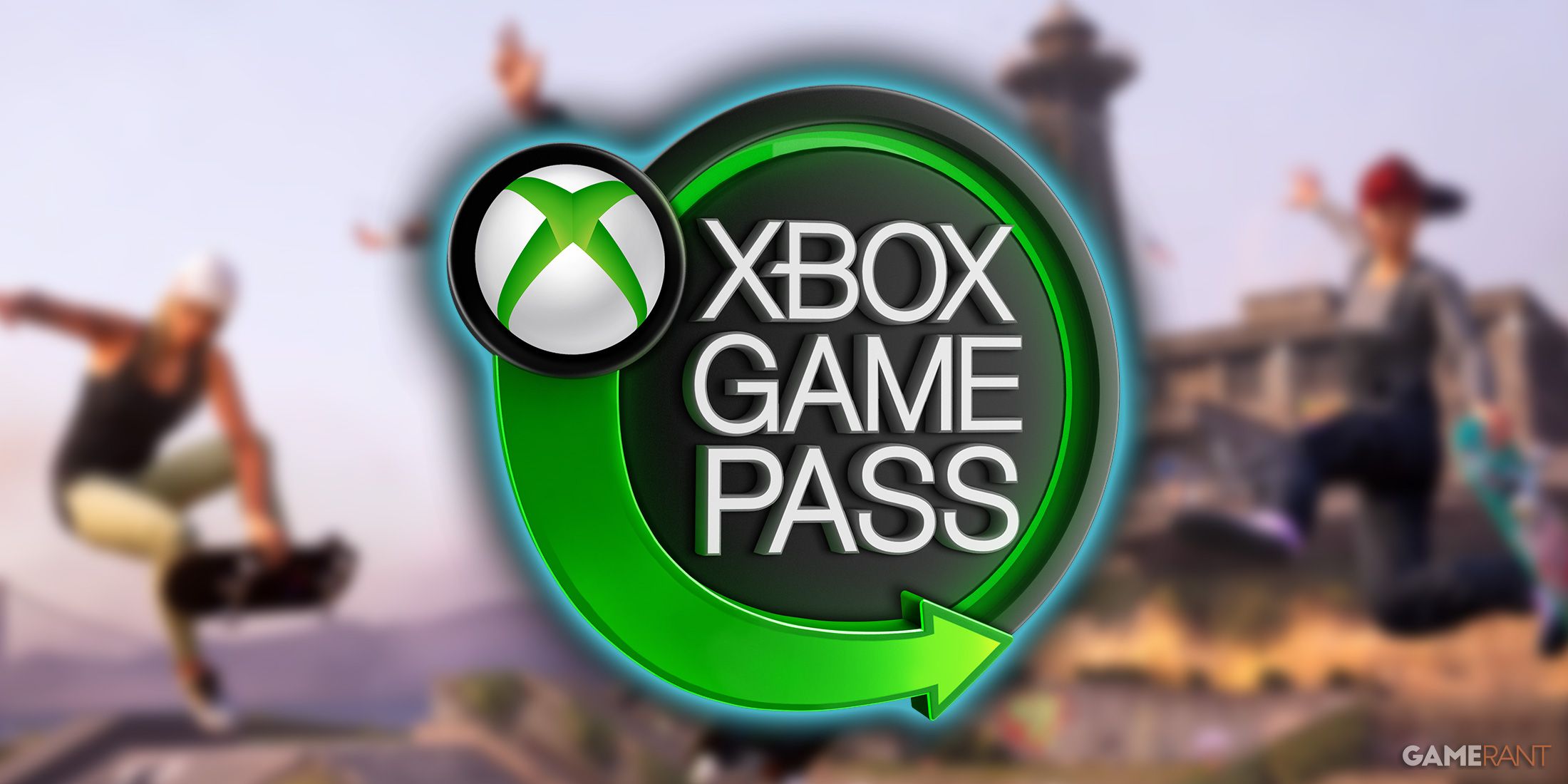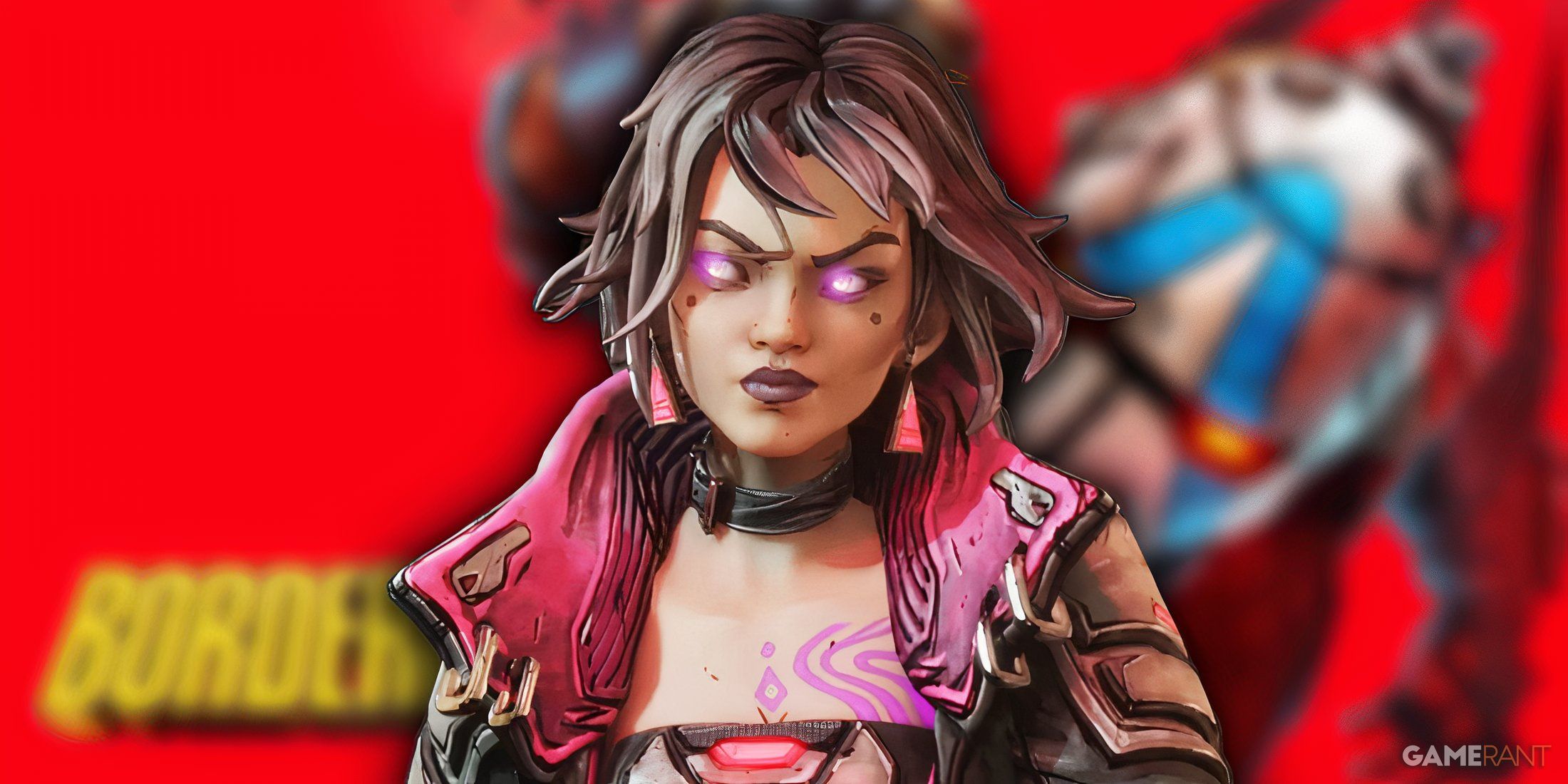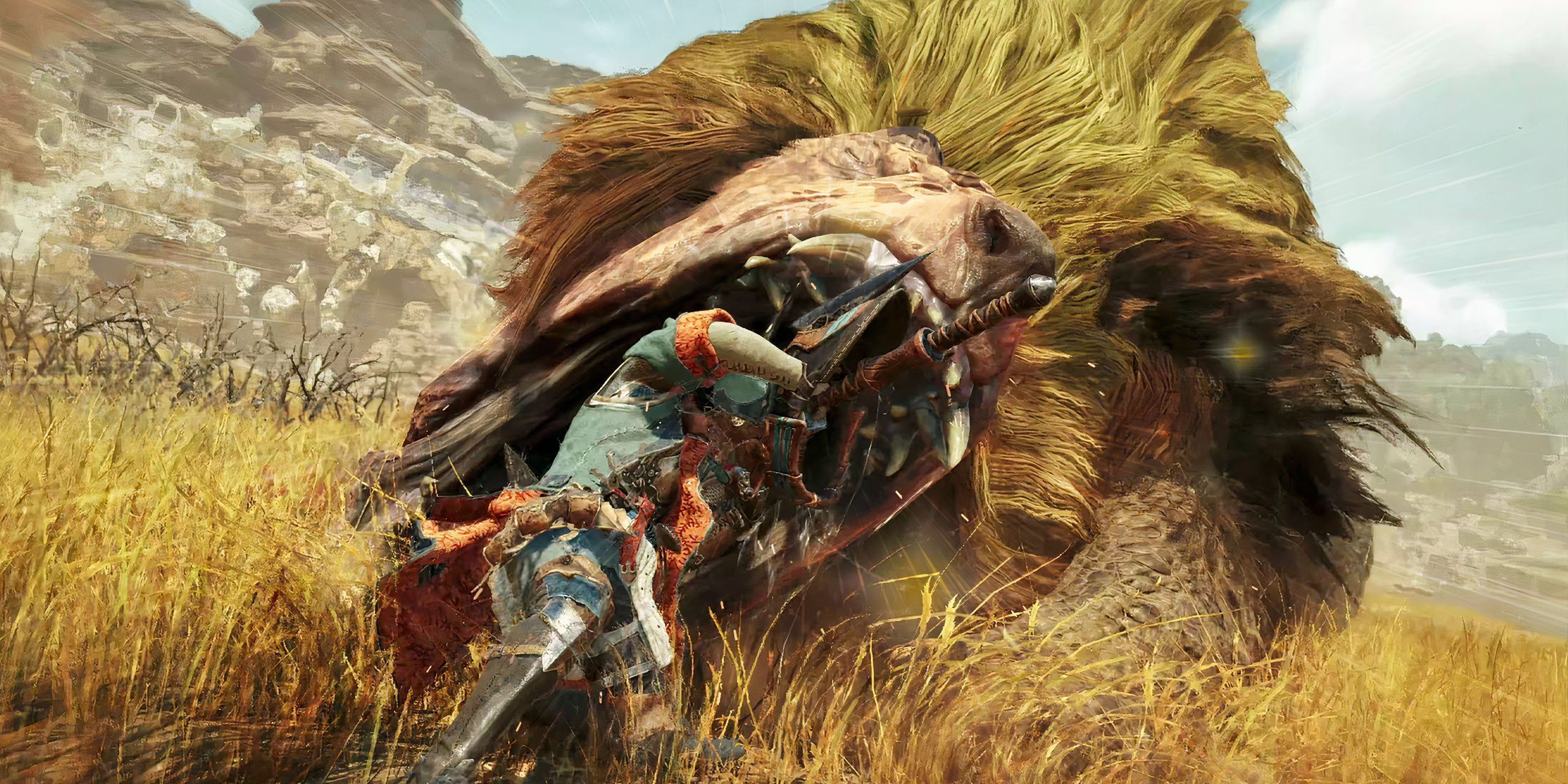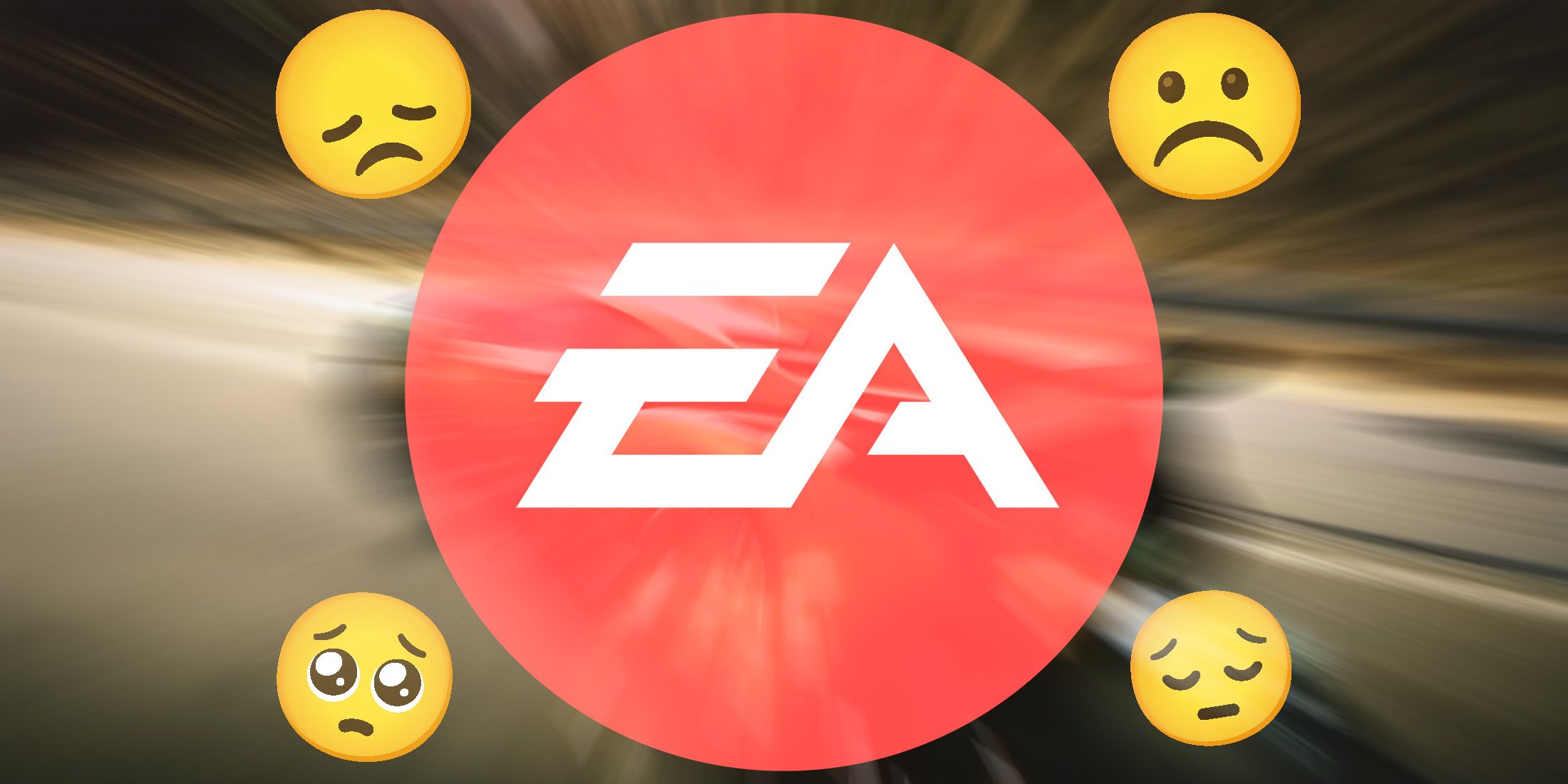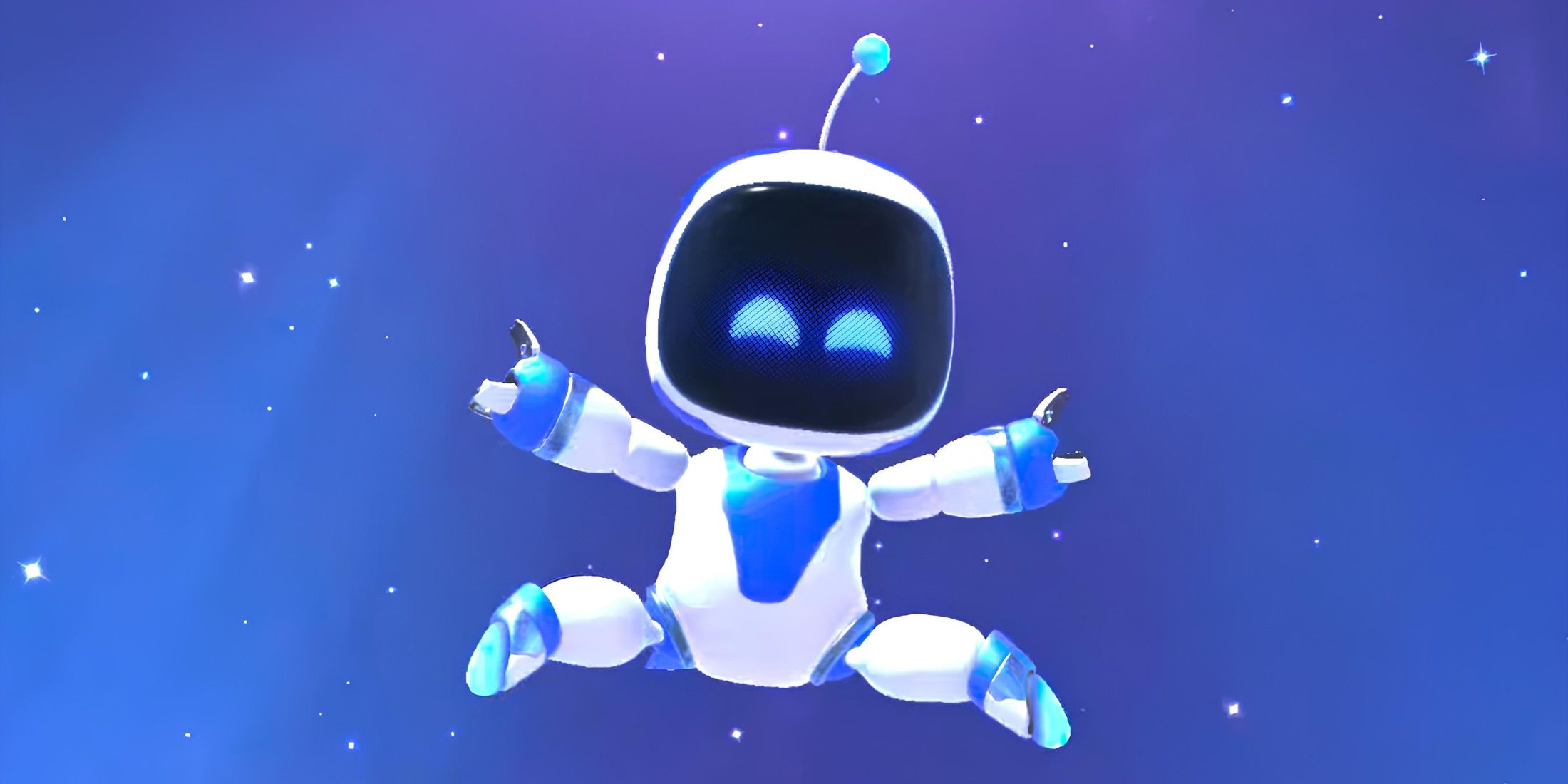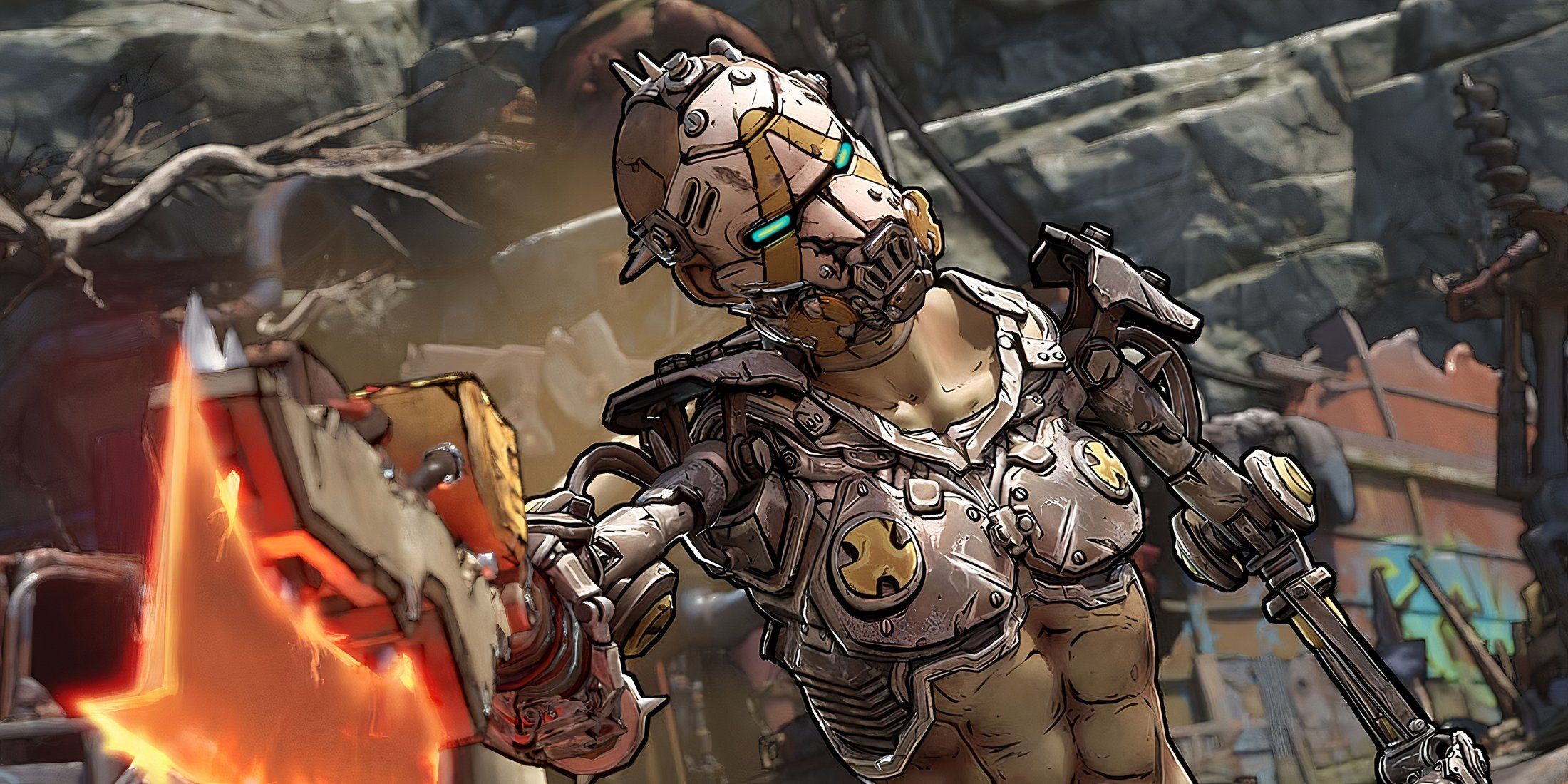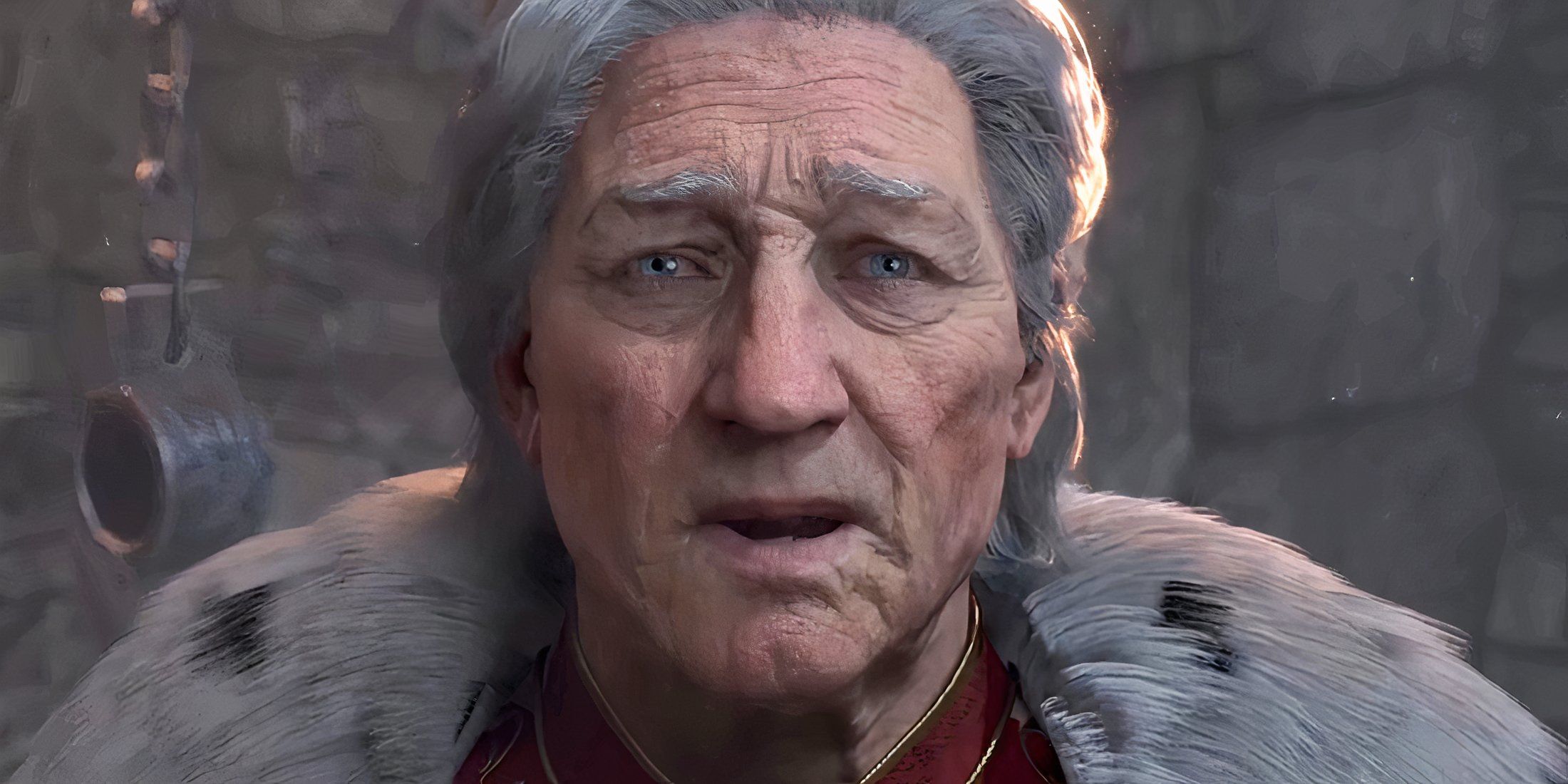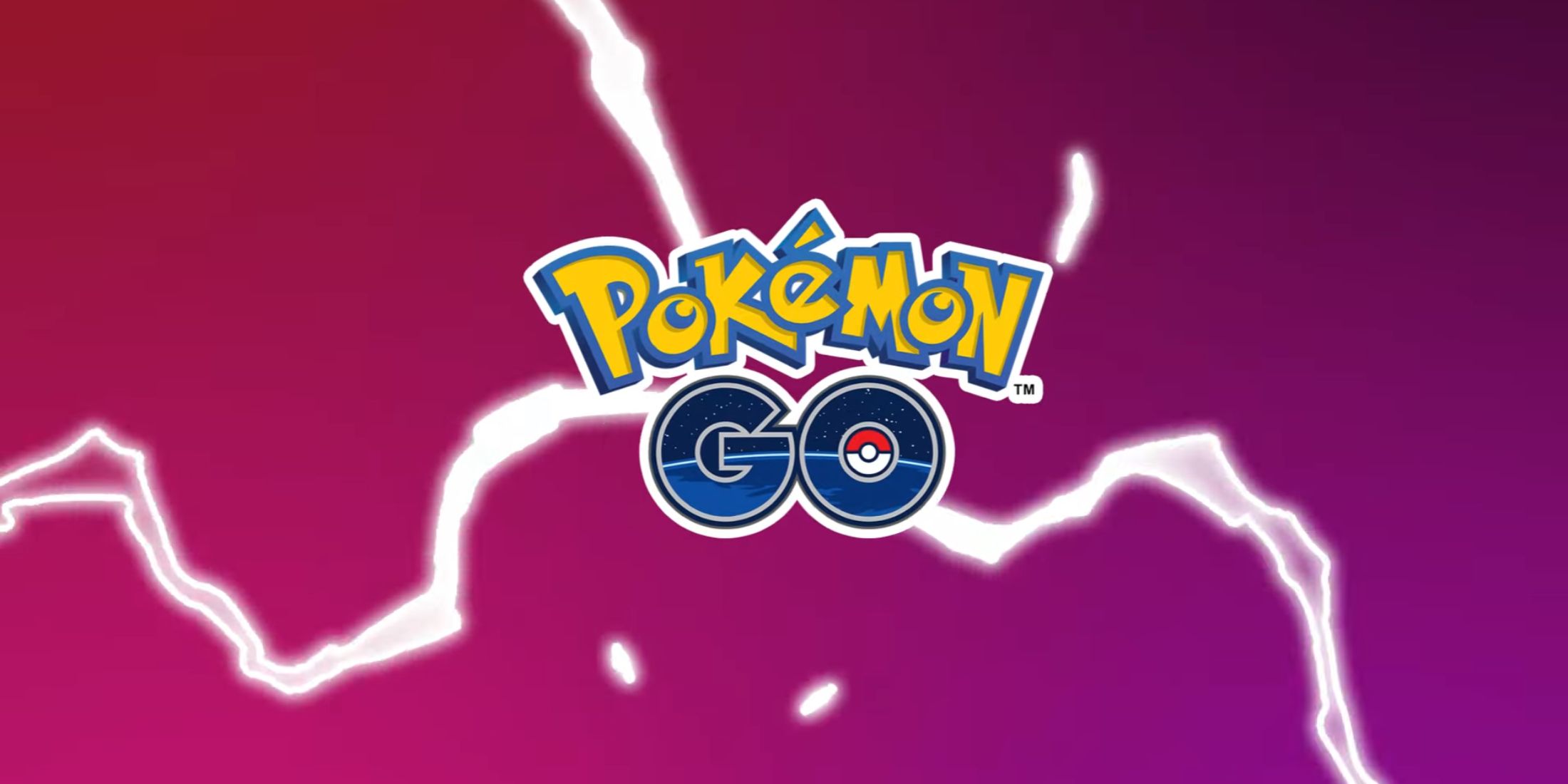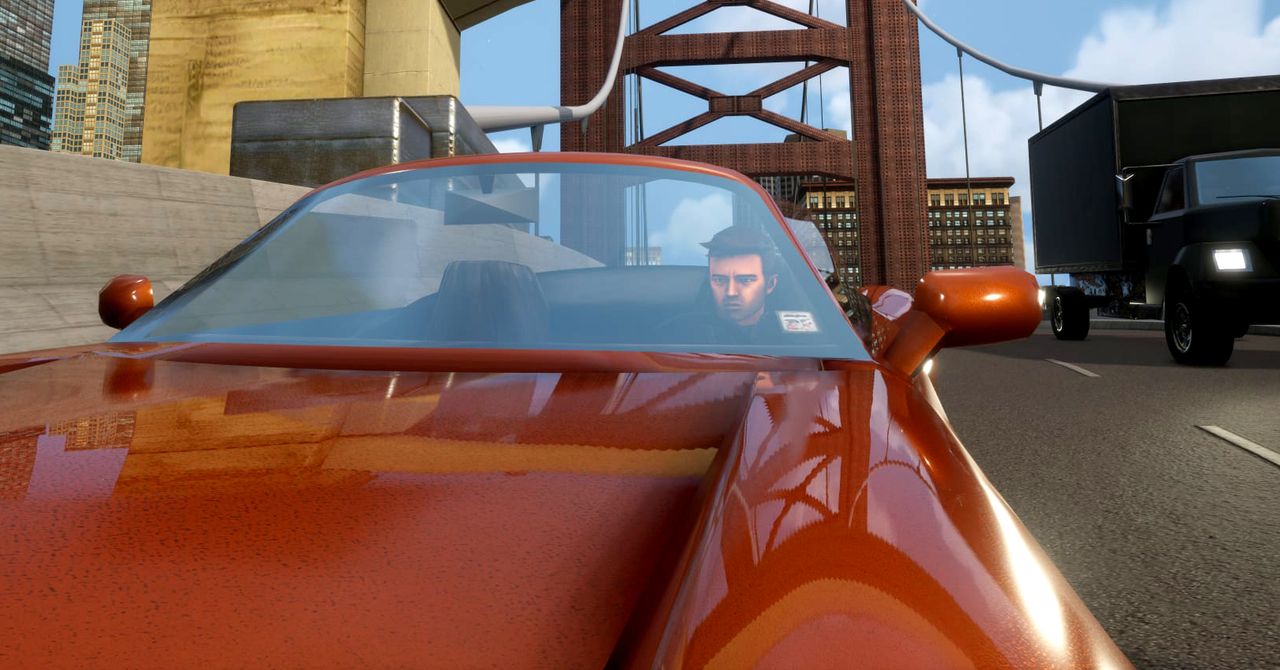
Since its release in October 2001, Grand Theft Auto III has been lauded for its radio stations. From rap and opera music stations to zany talk radio, it almost feels like you're tuned into an actual radio as you roll through the streets of Liberty City—and, 20 years later, the in-game radio commercials still hold up as some of the best satire in games. It is here where an approximation of publisher Rockstar Games’ soul is laid bare.
One such commercial showcases the mighty Miabatsu Monstrosity, a reference to the gas-guzzling SUVs that came onto the scene in the early aughts. Personal injury law firm Rakin and Ponzer, meanwhile, get on the airwaves to declare: “See, the great thing about this country is you can sue anyone for pretty much anything, and you'll probably win.”
But just who wrote and produced these commercials? Who voiced them? And how do these spots hold up today in the eyes of people who live and breathe advertising and radio? WIRED recently asked all these questions, including to key Rockstar figure Lazlow Jones.
Rockstar faithful know Lazlow as the memorable host of several radio stations in the GTA universe, including his debut in GTA III radio’s Chatterbox FM. But Lazlow was also a director, writer, and producer at Rockstar for nearly two decades, working directly for and writing with Rockstar cofounder Dan Houser before leaving the company in April 2020.
With the 20th anniversary of GTA III—and Rockstar’s announcement that it will release next-generation remastered versions of GTA III, GTA Vice City, and GTA San Andreas on November 11—here’s an inside look at exactly how GTA III’s commercials came to be and how they resonate today.
A Star Is BornLazlow would be the first to call his rise to video gaming royalty unlikely. In the 1990s and early 2000s, he spent time as a journalist, at a digital ad agency, and as a radio host of Technofile, a daily syndicated show that focused on technology and video games.
He arrived at the Rockstar offices in Manhattan in 2001 to do a radio piece about the then upstart video game company. “Dan [Houser] mentioned they were working on a game that had radio in it and wanted to spoof American stations. I’ve been obsessed with radio since I was a kid—my father was a blues and soul DJ before I was born, and I had worked at a rock station in the Midwest,” Lazlow says.
Related Stories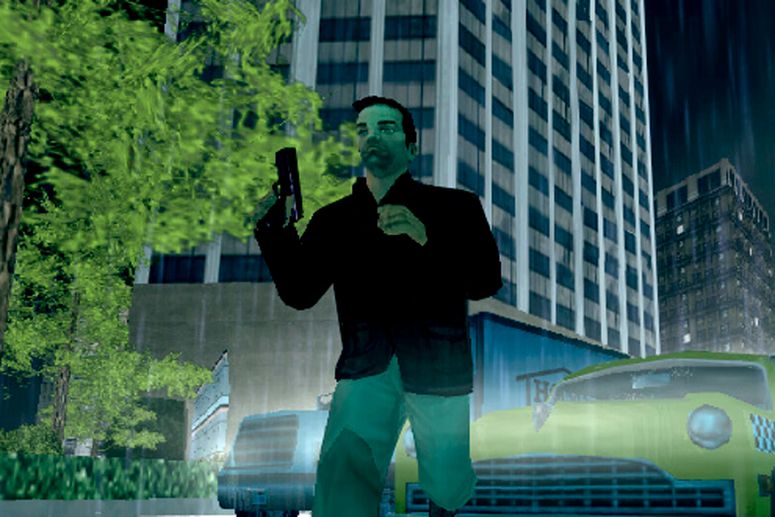 four starsA Love Letter to Grand Theft Auto's Best Side StoriesAde D. Adeniji
four starsA Love Letter to Grand Theft Auto's Best Side StoriesAde D. Adeniji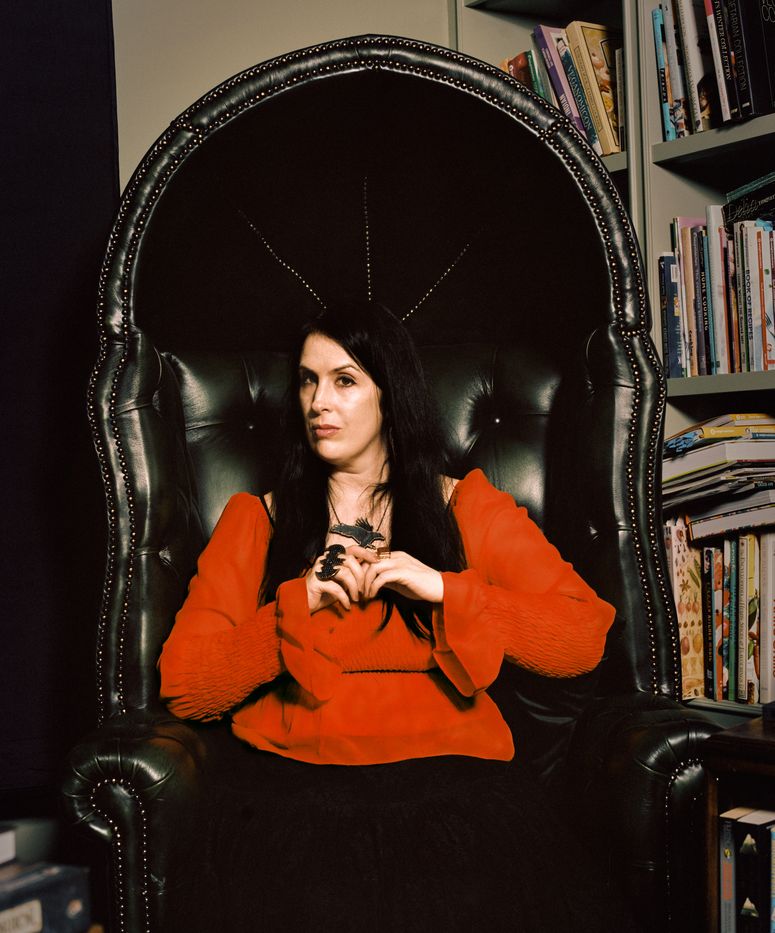 wired q&aRhianna Pratchett on the Art of Writing Video Game CharactersJerry Bonner
wired q&aRhianna Pratchett on the Art of Writing Video Game CharactersJerry Bonner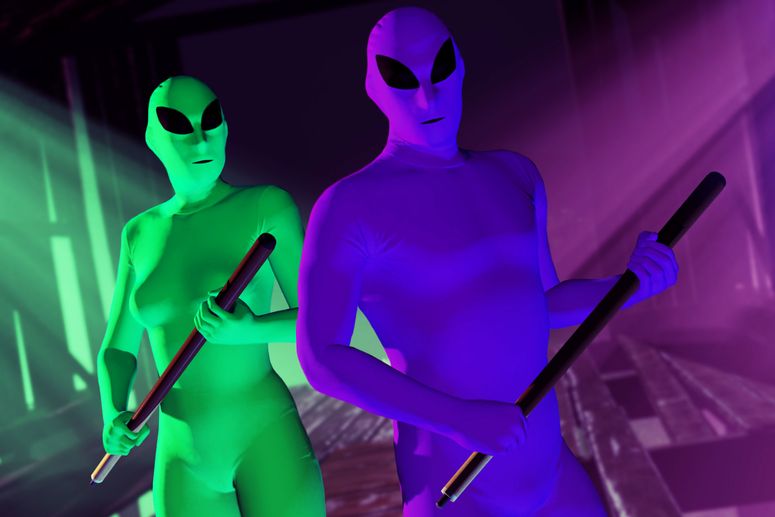 fight nightAn Alien War Took Over GTA V. It Could End TonightCecilia D'Anastasio
fight nightAn Alien War Took Over GTA V. It Could End TonightCecilia D'AnastasioLazlow and Houser started talking about the crazy state of American radio at the time, including how cookie-cutter almost every radio station sounded. They had, inevitably, “some deep-voiced guy trying to sound tough or crack terrible sex jokes,” says Lazlow. It wasn’t long before he was officially invited to join the Rockstar team.
Rockstar’s first office was tiny and cluttered, recalls Lazlow. It didn’t even have a meeting room. Once a week in Houser’s apartment, the duo would power through creative sessions fueled by an admixture of anchovy onion pizza, diet Cokes, and cigarettes.
“I remember that first writing meeting—we were laughing a lot. Dan is insanely funny. I switched to taking notes on a laptop because I couldn’t write fast enough with a pen,” Lazlow says.

